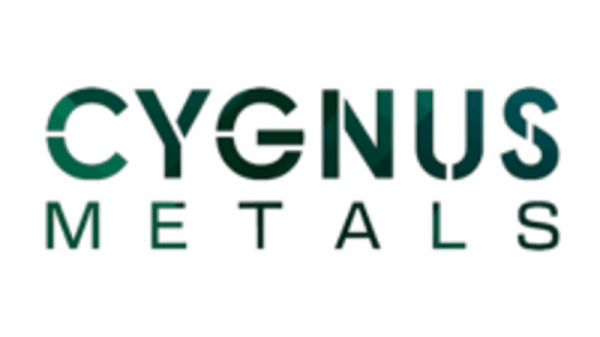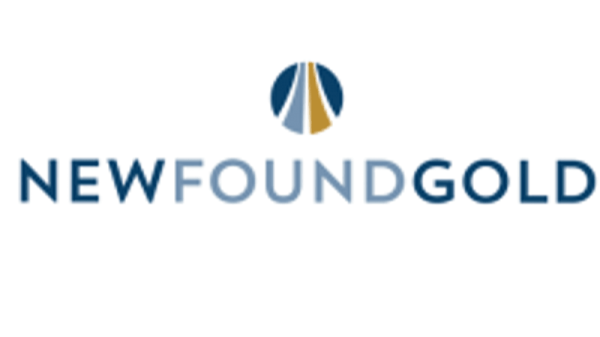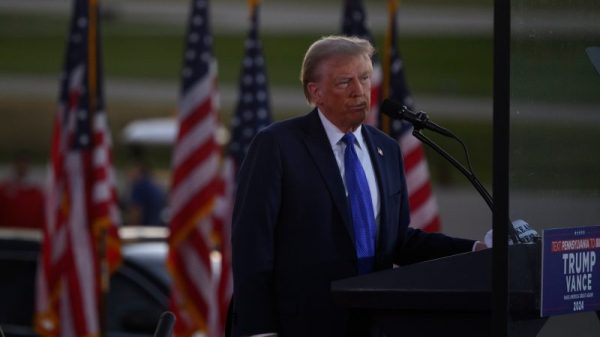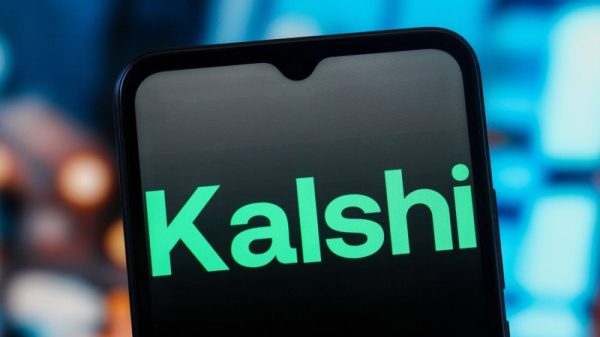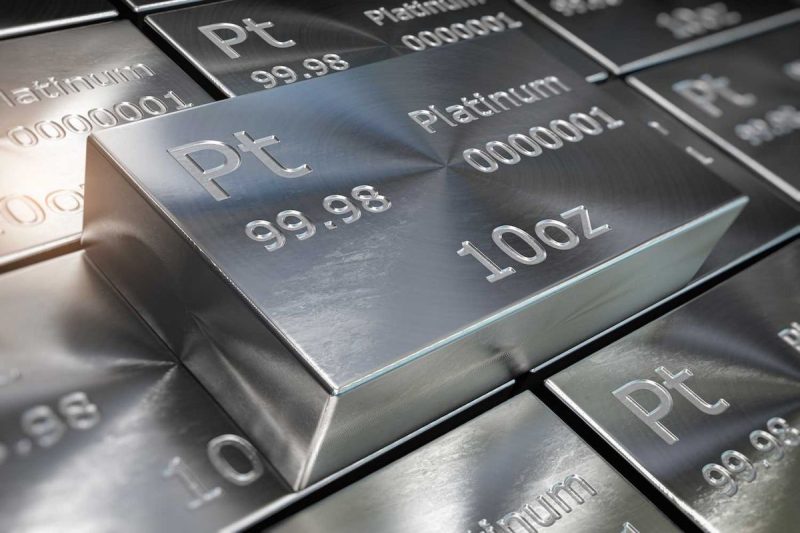China will end a two-decade-old platinum tax rebate for its state-owned importer, potentially opening the market for new entrants.
According to a Bloomberg report, the Ministry of Finance announced that effective November 1, it will begin collecting a 13 percent value-added tax (VAT) on sales of domestically produced and imported platinum, including imports of platinum jewelry.
The change effectively dismantles the long-standing monopoly held by China Platinum, which had been the only entity allowed to import platinum tax-free since 2003.
“Removing the VAT refund actually is quite a significant step for the platinum market in China,” said Weibin Deng, regional head for Asia Pacific at the World Platinum Investment Council. “Potential rival firms had been suffering for many years because the policy was only granted to one particular company.”
With the tax advantage gone, analysts expect new entrants to begin competing in the Chinese market for the first time in years.
“As new entrants begin trading platinum on an equal footing, a more liquid two-way market should develop,” Deng added, noting that industrial users would finally be able to hedge against price swings.
On Monday (October 20), platinum prices on the Shanghai Gold Exchange surged to a premium of more than 10 percent over global benchmark spot prices as traders scrambled to lock in purchases before the November 1 deadline.
Platinum has been one of the best-performing commodities in 2025, climbing roughly 77 percent to breach US$1,600 per ounce—its highest level since 2013.
About 70 percent of global platinum demand comes from the automotive and industrial sectors, where the metal is used in catalytic converters and laboratory equipment, while jewelry accounts for nearly a quarter of consumption.
According to the World Platinum Investment Council’s Q2 Platinum Quarterly, global mine supply is expected to fall 6 percent this year to 5.43 million ounces, deepening an 850,000-ounce deficit that marks the third consecutive year of shortages.
South Africa, which produces about 70 percent of the world’s platinum, has faced prolonged operational and energy constraints, further squeezing output.
Demand, meanwhile, appears resilient. Analysts point to the sustained use of platinum in hybrid vehicle catalytic converters and its growing role in hydrogen fuel cells as key demand drivers.
Securities Disclosure: I, Giann Liguid, hold no direct investment interest in any company mentioned in this article.

